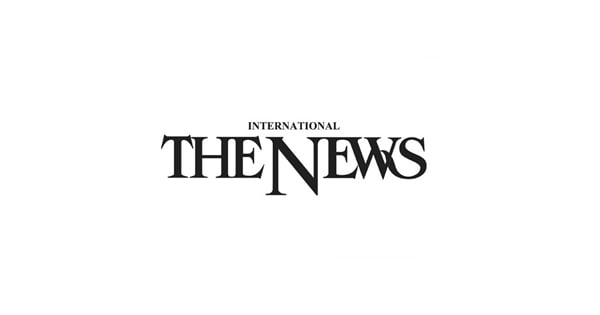“Improving maternal nutrition requires counseling”

Islamabad: Women’s health and welfare has been placed at the heart of the planning of social service plans by the current government, said Romina Khurshid Alam, Special Assistant to the Prime Minister/Head of National Parliamentary Task Force on SDGs.
She was speaking at the technical session “The Role of Health Care Providers in Improving Maternal Nutrition” hosted by Nutrition International at the 12th Annual Public Health Conference, hosted by the Health Services Academy. Addressing the event, Romina said the SDGs have been fully embraced by the government as their own development goals and nutrition is at the heart of all the SDGs.
Speaking on the occasion, Dr Shabina Raza, Country Director of Nutrition International, said the nutritional needs of women, especially during pregnancy, are of the utmost importance. Evidence suggests that pregnant women who received nutritional counseling from healthcare providers showed positive changes in their eating behavior compared to those who did not. The 2018 National Nutrition Survey shows that only 15% of women receive nutritional advice and only 7% receive breastfeeding advice. She highlighted the need to build the capacity and guidance of health professionals on nutrition counselling.
Highlighting Nutrition International’s commitment to tackling maternal malnutrition in the country, Dr Raza said: “This year marks 30 years of Nutrition International’s work to transform people’s lives – especially women, adolescent girls and children – by improving their nutritional status“. Nutrition International works with federal and provincial governments to improve maternal nutrition outcomes through a combination of approaches; iron-folic acid supplementation, multi-micronutrient supplementation and nutritional counseling in addition to large-scale food fortification. By 2030, we have pledged to prevent at least 60 million cases of anemia worldwide, which heavily affects women, adolescent girls and children, she added.
Dr. Baseer Khan Achakzai, Director of Health and Nutrition Program, MNHSR&C pointed out that nearly half of women and children in Pakistan are malnourished, with 14% of women of reproductive age undernourished and over 42% anemic. Health professionals have the time and opportunity to assess, diagnose, categorize and prescribe the best solution to address maternal malnutrition, especially during antenatal care and postnatal care for women and their families . Recognizing the economic and public health implications of malnutrition among FAPs – the importance of maternal nutrition and its impact on reducing child stunting and wasting, the Pakistani government has developed a national strategy maternal nutrition for Pakistan, he added.
The Government of Pakistan has developed the National Multisectoral Nutrition Strategy and Action Plan, Provincial Multisectoral Nutrition Strategies and other sectoral policies/strategies to address malnutrition among women and children by mainstreaming nutrition in multisectoral programs. Due to the COVID pandemic followed by flood-related emergencies, the malnutrition situation in Pakistan has worsened, calling for prioritization of emergencies by all, especially health professionals.
Field experts from implementation programs, universities, and researchers shed light on opportunities for how health professionals can best play their part in advancing the maternal nutrition agenda and overcoming gaps that must be filled, in order to break the vicious intergenerational cycle of malnutrition.